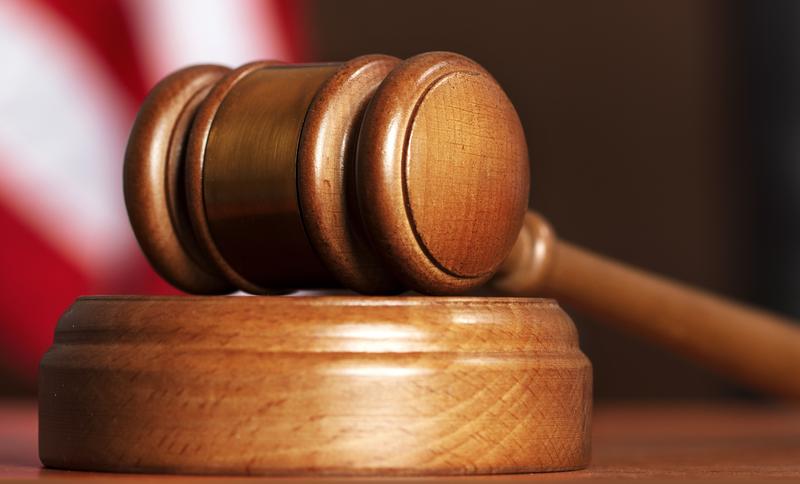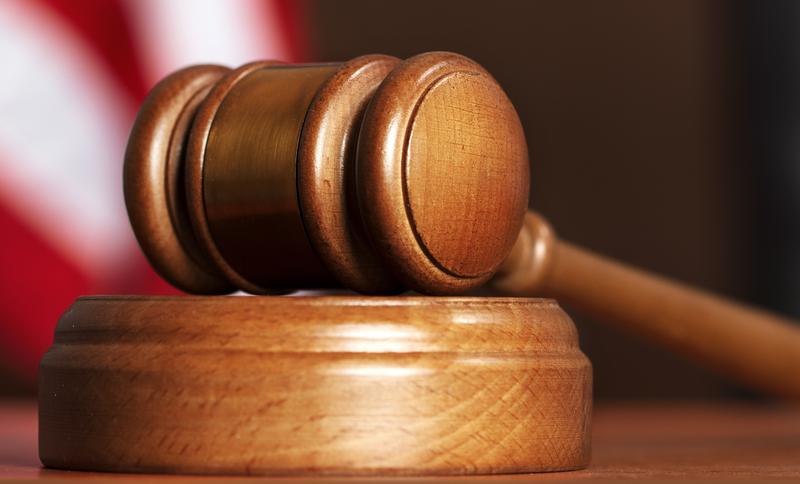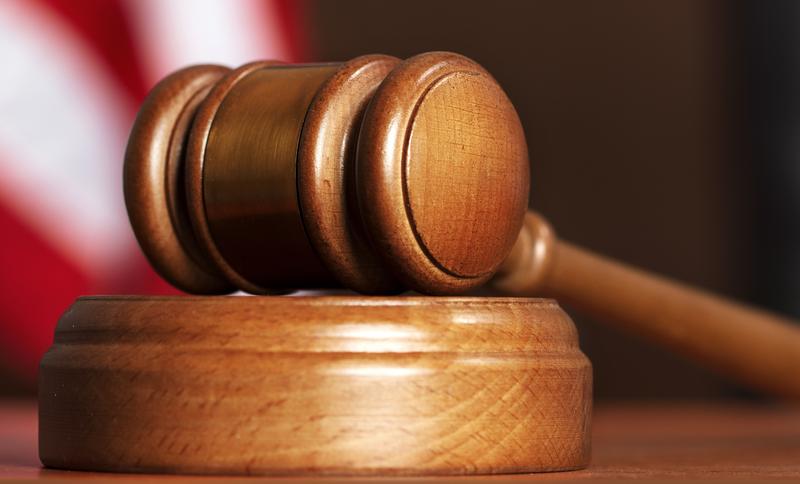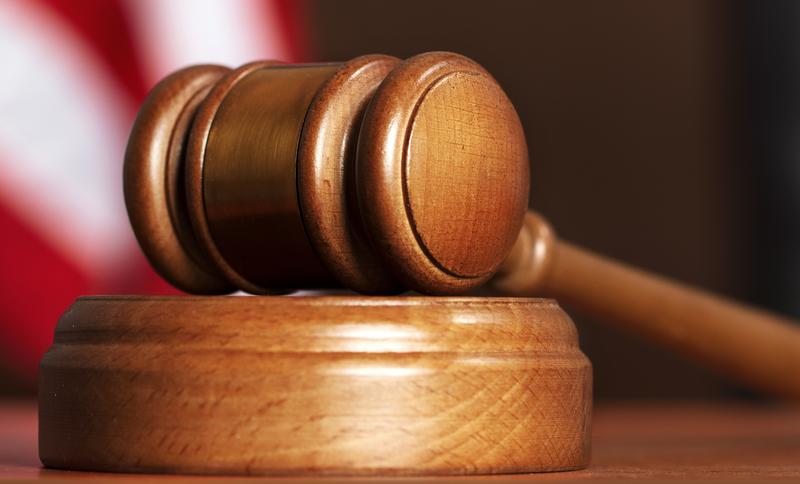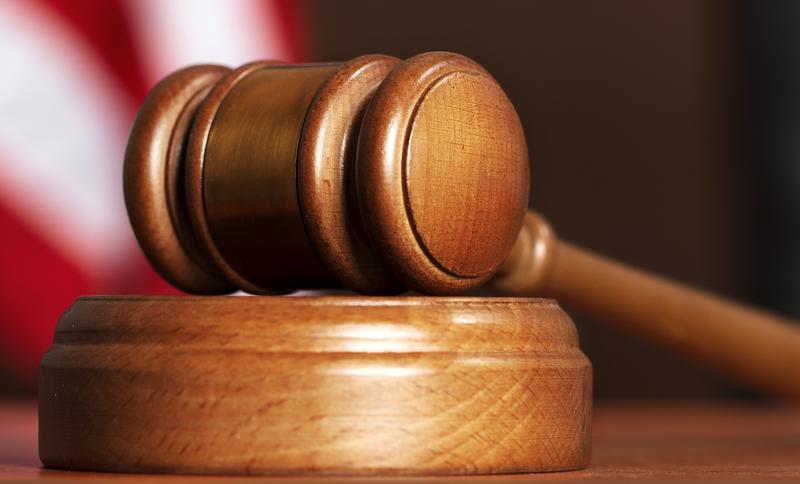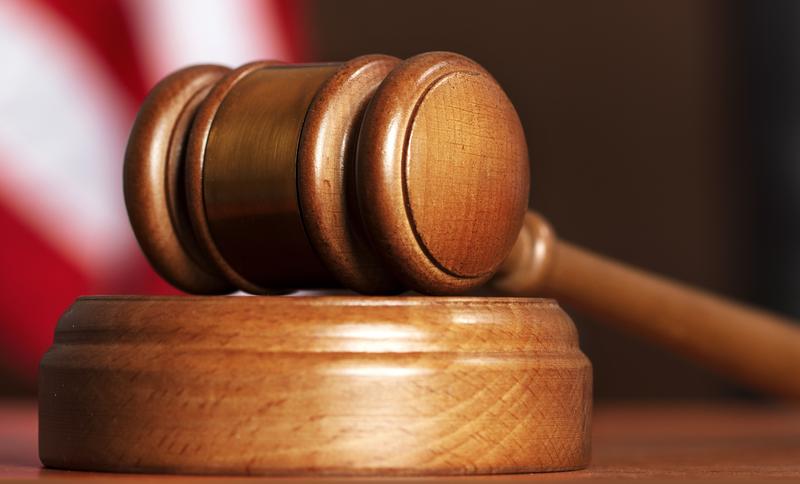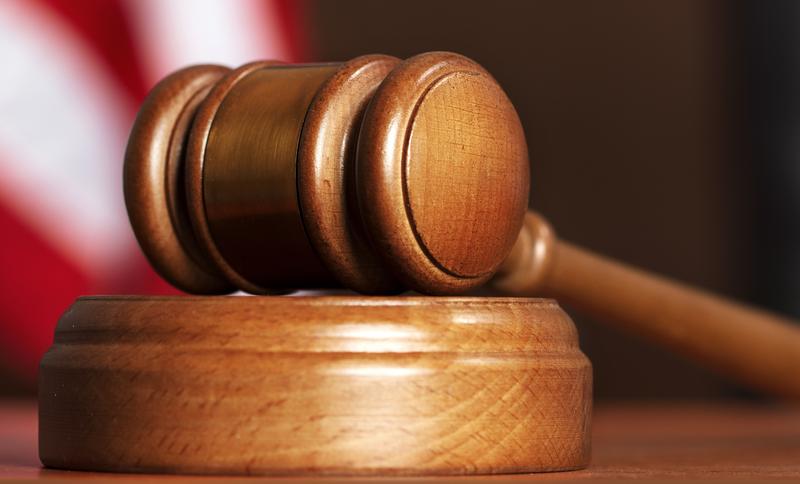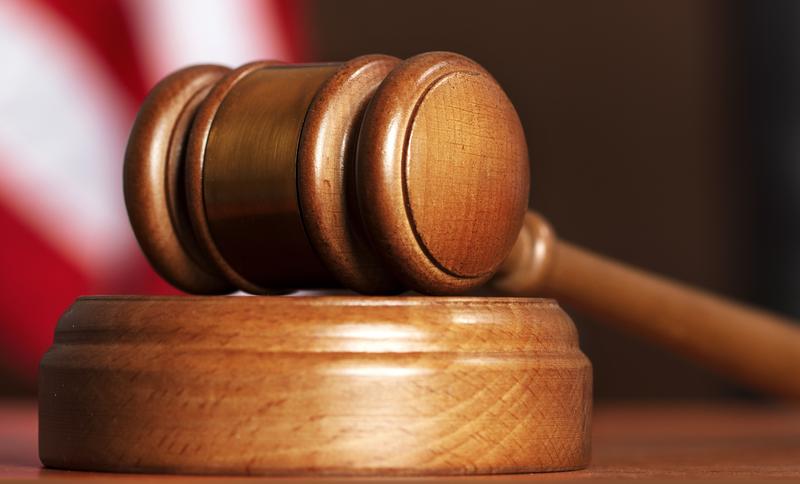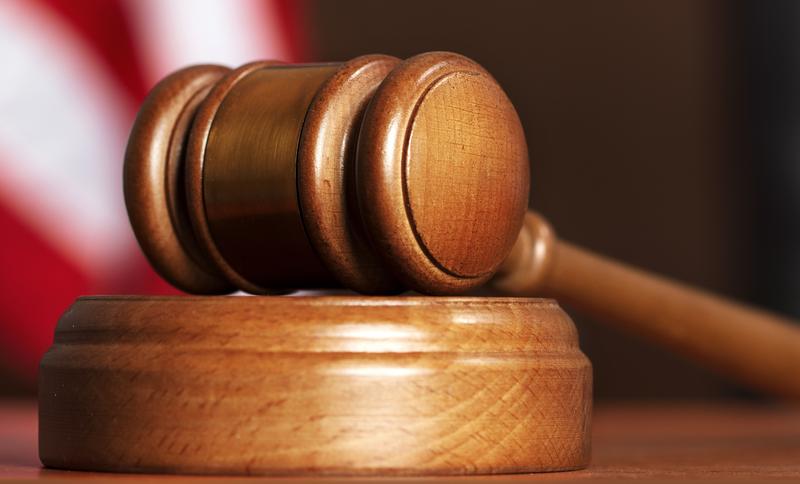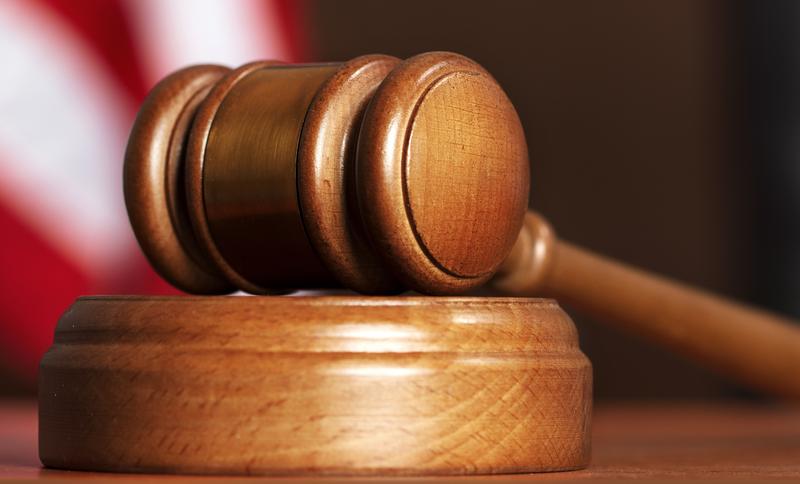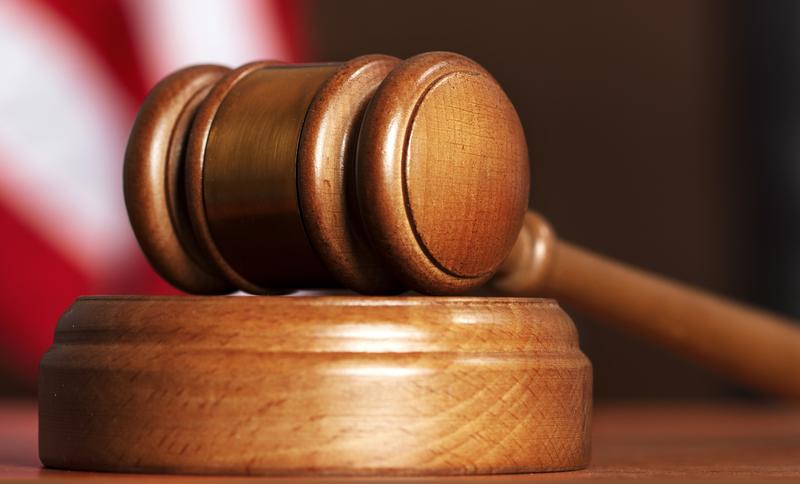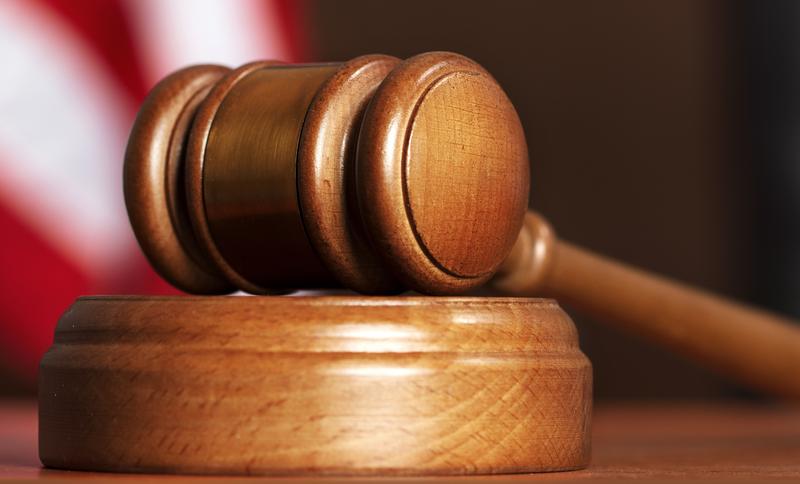- Home
- Single Course
- supreme-court
Single Course
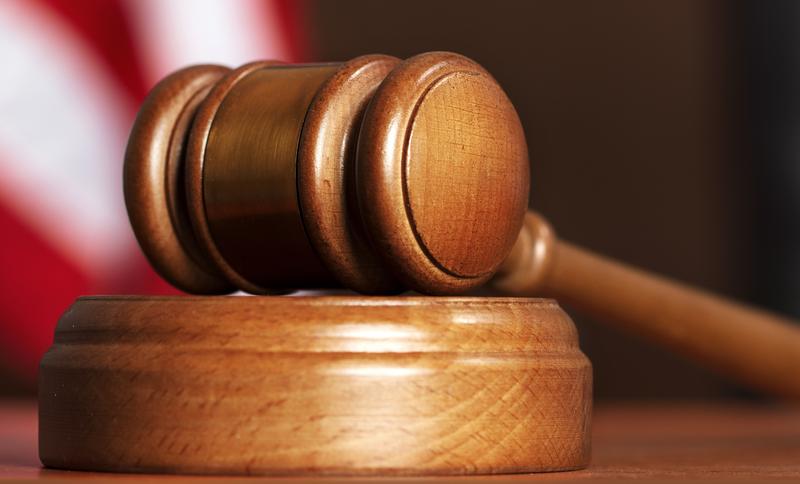
Course #334- Boumediene V. Bush: Guantanamo Or U.S. Court - CD
$ 59.00
Course 334 1 hour MCLE Credit Questions of the Case: 1. Should the Military Commissions Act of 2006 be interpreted to strip federal courts of jurisdiction over habeas petitions filed by foreign citizens detained at the U.S. Naval Base at Guantanamo Bay, Cuba? 2. If so, is the Military Commissions Act of 2006 a violation of the Suspension Claus...
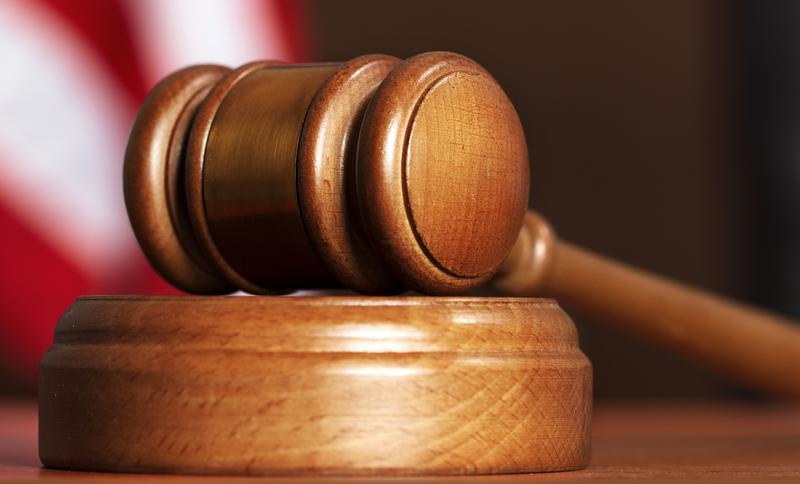
Course #334- Boumediene V. Bush: Guantanamo Or U.S. Court - MP3
$ 59.00
Course 334 1 hour MCLE Credit Questions of the Case: 1. Should the Military Commissions Act of 2006 be interpreted to strip federal courts of jurisdiction over habeas petitions filed by foreign citizens detained at the U.S. Naval Base at Guantanamo Bay, Cuba? 2. If so, is the Military Commissions Act of 2006 a violation of the Suspension Claus...
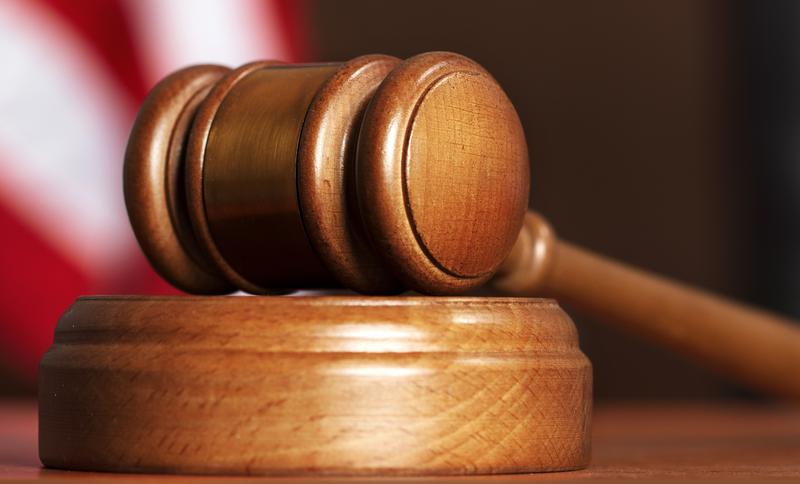
Course #335- Tory v. Cochran: A Free Speech Issue - CD
$ 59.00
Course 335 1 hour MCLE Credit The renowned Johnnie Cochran sued his former client Ulysses Tory in a California court for making defaming statements. Tory had tried to force Cochran to pay him money in exchange for desisting, Cochran argued. A judge agreed and ordered Tory to never talk about Cochran again. Tory appealed unsuccessfully in state c...
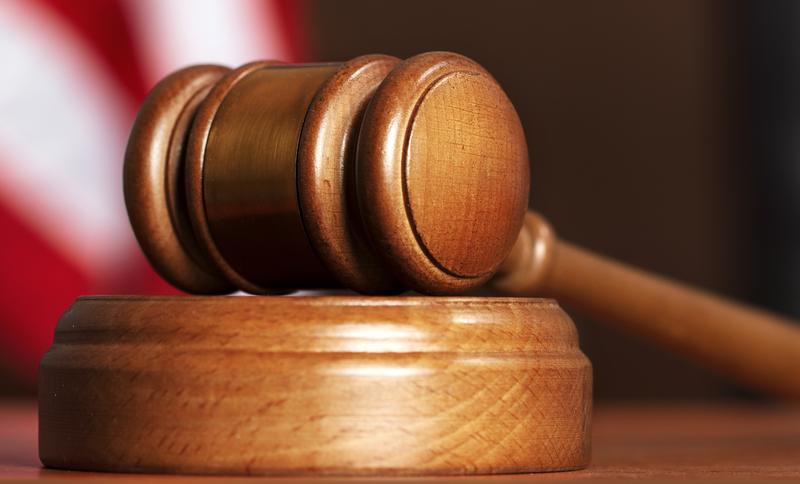
Course #335- Tory v. Cochran: A Free Speech Issue - MP3
$ 59.00
Course 335 1 hour MCLE Credit The renowned Johnnie Cochran sued his former client Ulysses Tory in a California court for making defaming statements. Tory had tried to force Cochran to pay him money in exchange for desisting, Cochran argued. A judge agreed and ordered Tory to never talk about Cochran again. Tory appealed unsuccessfully in state c...
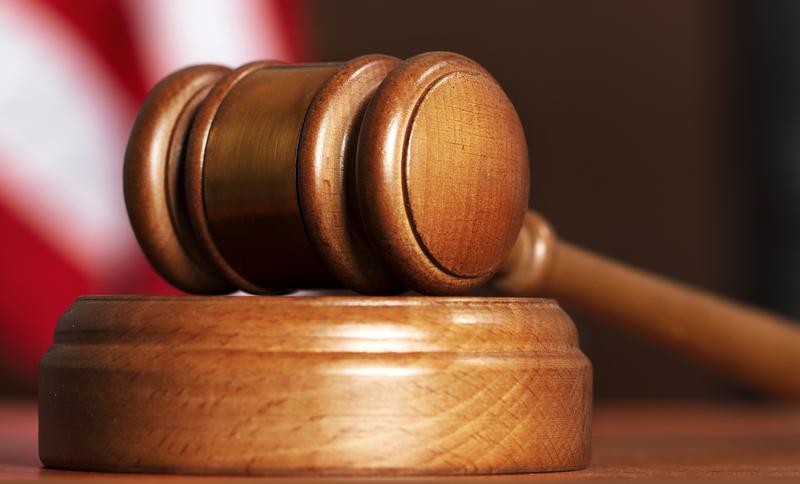
Course #336- Munaf V. Geren: Habeas Corpus And The Military - CD
$ 59.00
Course 336 1 hour MCLE Credit In 2005, Mohammad Munaf was arrested on suspicion of kidnapping by U.S. military officers acting as part of a multinational force in Iraq. Munaf's sister petitioned on his behalf for habeas corpus in the U.S. District Court in the District of Columbia. Soon after the petition was filed, Munaf was informed that he...
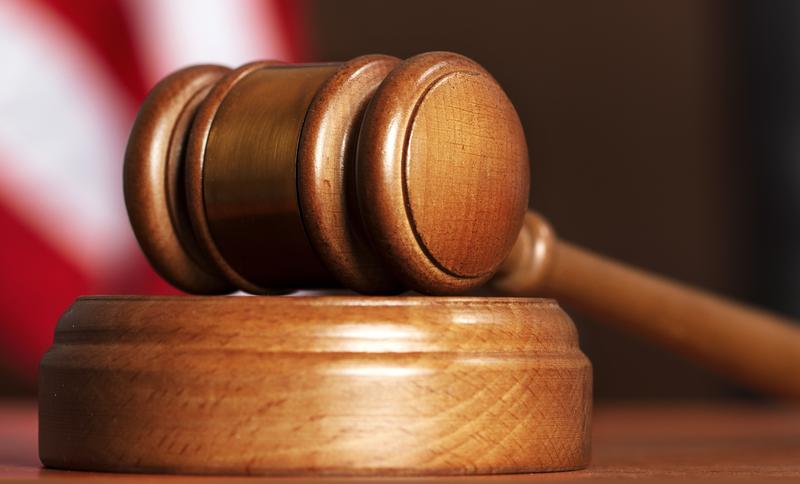
Course #336- Munaf V. Geren: Habeas Corpus And The Military - MP3
$ 59.00
Course 336 1 hour MCLE Credit In 2005, Mohammad Munaf was arrested on suspicion of kidnapping by U.S. military officers acting as part of a multinational force in Iraq. Munaf's sister petitioned on his behalf for habeas corpus in the U.S. District Court in the District of Columbia. Soon after the petition was filed, Munaf was informed that he...
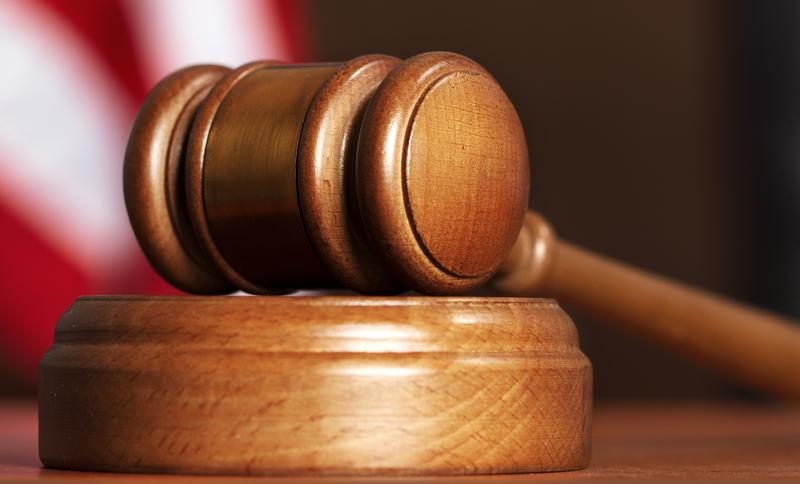
Course #337- Supreme Court: Meacham vs Knolls Atomic Power Laboratory - CD
$ 59.00
Course 337 1 hour MCLE Credit When the New York-based federal research laboratory Knolls Atomic Power Lab instituted a downsizing program, it asked supervisors to rank employees based on three factors: performance, flexibility, and the criticality of their skills, and then to add points for years of service in order to determine who would be di...
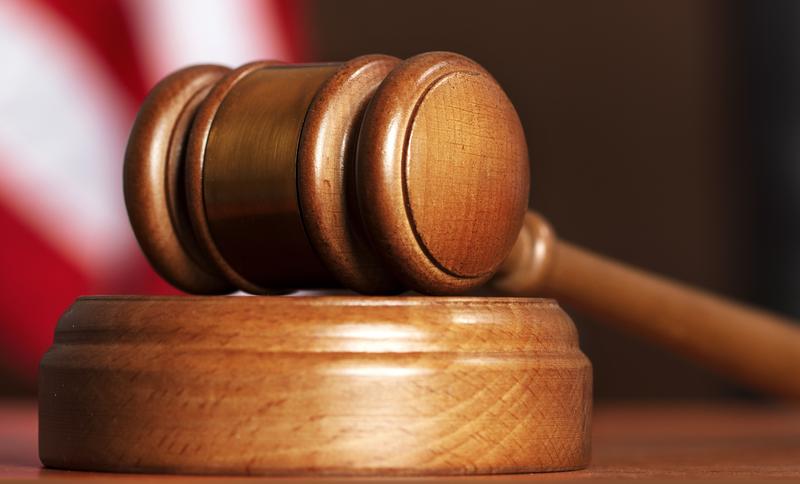
Course #337- Supreme Court: Meacham vs Knolls Atomic Power Laboratory - MP3
$ 59.00
Course 337 1 hour MCLE Credit When the New York-based federal research laboratory Knolls Atomic Power Lab instituted a downsizing program, it asked supervisors to rank employees based on three factors: performance, flexibility, and the criticality of their skills, and then to add points for years of service in order to determine who would be di...
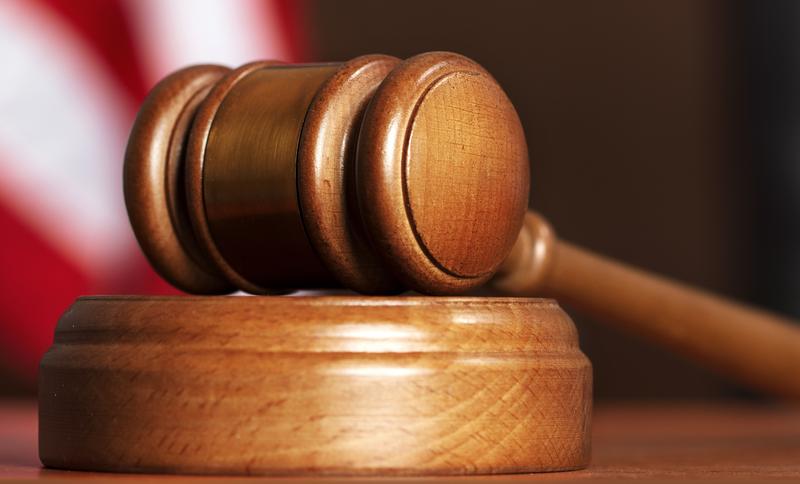
Course #338- Chamber Of Commerce V. Brown: Labor Law - CD
$ 59.00
Course 338 1 hour MCLE Credits After the California legislature passed laws prohibiting the use of state funds to "assist, promote, or deter union organizing," a group of California companies brought suit claiming the state laws were preempted by the National Labor Relations Act, 29 U.S.C. Section 7. The Act provides that companies' anti-labor s...
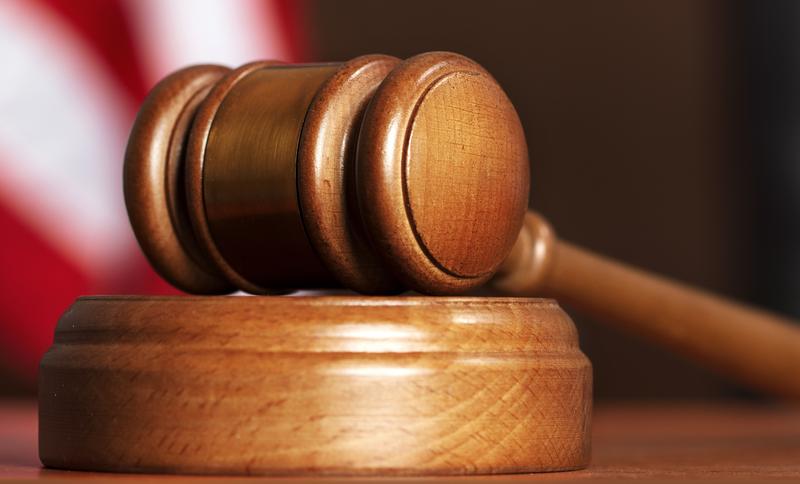
Course #338- Chamber Of Commerce V. Brown: Labor Law - MP3
$ 59.00
Course 338 1 hour MCLE Credits After the California legislature passed laws prohibiting the use of state funds to "assist, promote, or deter union organizing," a group of California companies brought suit claiming the state laws were preempted by the National Labor Relations Act, 29 U.S.C. Section 7. The Act provides that companies' anti-labor s...
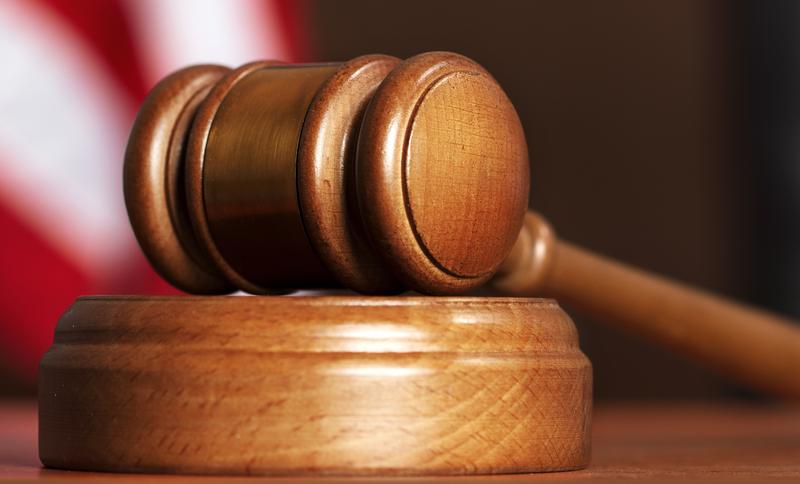
Course #339 - Supreme Court: FL Dept of Rev vs. Piccadilly: Bankruptcy & Tax Law - CD
$ 59.00
Course 339 1 hour MCLE Credit In 2003, Piccadilly Cafeterias filed a Chapter 11 Bankruptcy petition in federal court in Florida asking the bankruptcy court for permission to auction off its assets in order to fund a reorganization plan. Piccadilly sought a tax exemption under 11 U.S.C. 1146(c) which states that certain asset transfers "under a [...
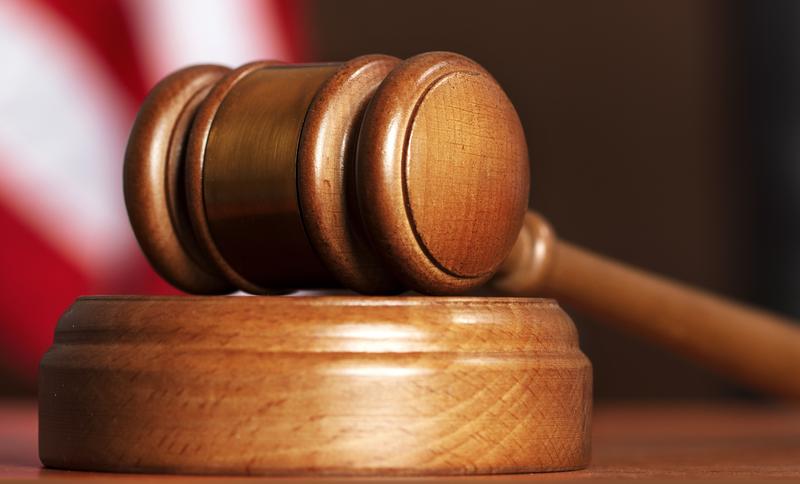
Course #339- Supreme Court: FL Dept of Rev vs. Piccadilly: Bankruptcy & Tax Law - MP3
$ 59.00
Course 339 1 hour MCLE Credit In 2003, Piccadilly Cafeterias filed a Chapter 11 Bankruptcy petition in federal court in Florida asking the bankruptcy court for permission to auction off its assets in order to fund a reorganization plan. Piccadilly sought a tax exemption under 11 U.S.C. 1146(c) which states that certain asset transfers "under a [...
